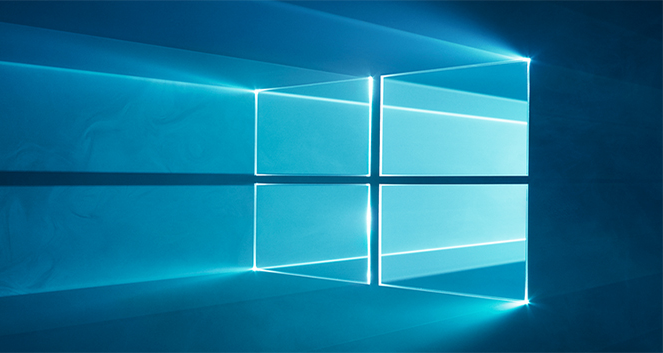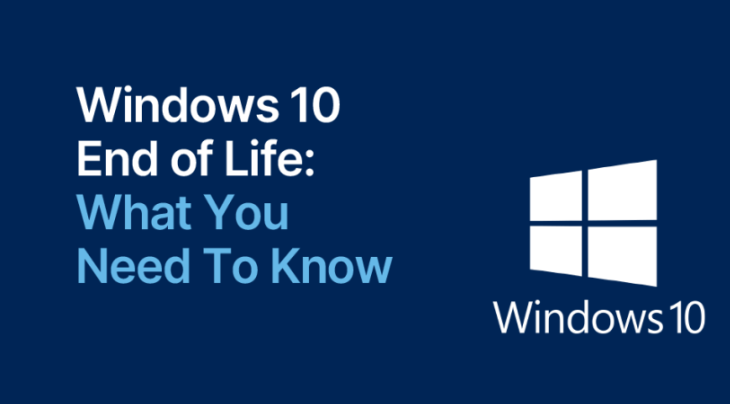

Windows 10 End-of-Life
October 14, 2025
Windows 10 End-of-Life means that Microsoft will no longer provide technical support, security updates, or new feature updates for the Windows 10 operating system.
With Windows 10, the end of support date is significant because it means your computer will no longer receive updates that keep it secure and running smoothly.
While your Windows 10 PC will keep working, it will become more at risk for security issues such as viruses, malware, and cyber threats after Windows 10 reaches the end of support. Without monthly security update releases, any new security vulnerabilities that are discovered will not be patched, making your PC less safe. For businesses and individuals, this could result in the loss of sensitive data, cyberattacks, or poor system performance over time. Therefore, understanding the implications of Windows 10 EOL is crucial to protect your devices and data.
What are your options?
Upgrade your current PC to Windows 11
If your computer allows it, you could try upgrading to Windows 11. The problem with this is, Microsoft has implemented hardware requirements for Windows 11 and if your computer does not satisfy those requirements, it won't be upgradeable.
Buy a new computer with Windows 11
If upgrading to Windows 11 isn't doable due to the hardware restrictions, then the only option is to purchase a new computer with Windows 11 pre-installed. We'll be on-hand to suggest a replacement PC and to assist in configuring your new computer, complete with data transfer, delivery and installation.
Carry on using Windows 10
We do not recommend this option as you'll be vulnerable to security threats beyond October 2025. As tempting as it may be to save money on new Windows 11 computers, the risk of one of the computer's getting ransomware is far too high and outweighs putting your company at risk.
FAQ
Can I still use Windows 10 until October 2025?
Yes, you can, but we recommend upgrading as soon as possible instead of leaving it until the deadline, as we expect a high demand and greatly inflated prices nearer the time.
Why is Windows 10 becoming obsolete?
Windows 10 was released in 2015 making it an "old" operating system. Even though it's been well supported with upgrades and updates, it's been superseded with the more powerful, robust, Windows 11.
Will all of my applications work with Windows 11?
Yes. Windows 11 uses the same foundation and architect as Windows 10, so all of your applications will work just fine.
Will Windows 11 slow my computer down?
No, Windows 11 is a fast operating system and you'll even notice improved performance over Windows 10.
What if I don't like Windows 11, can I go back to Windows 10?
Unfortunately, once you've upgraded, there's no going back as Windows 10 will become an supported product after October 2025. Rest assured, the team at i7 Technologies will be on-hand to provided training and resources to help you adjust to the new operating system.
